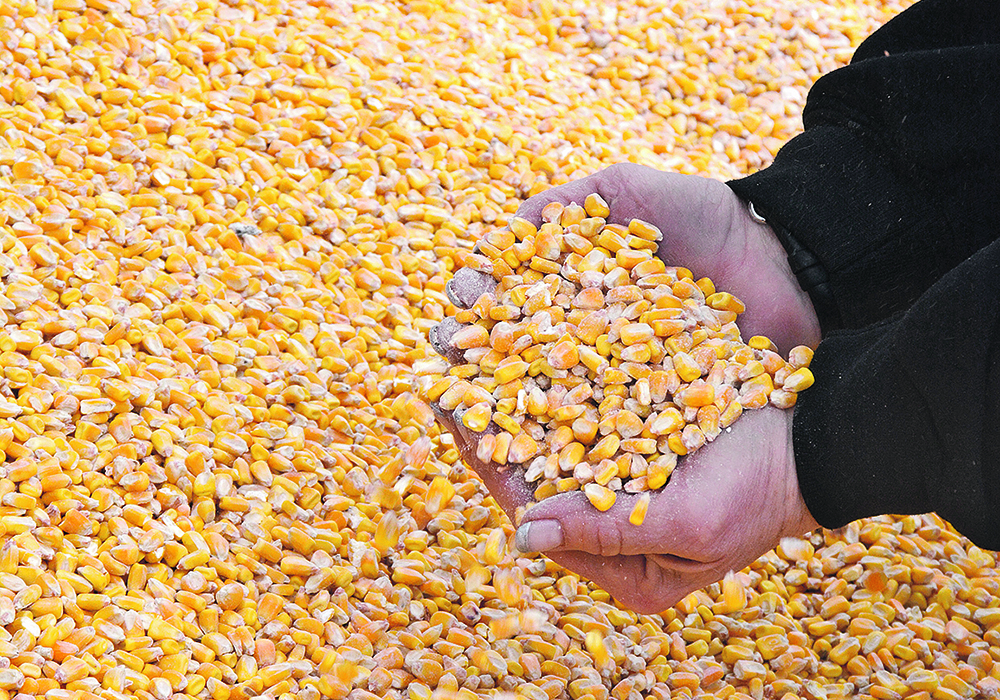Mexico’s recent shift away from genetically modified corn after decades of acceptance has been deeply troubling, like watching a friend or family member embrace unfounded conspiracy theories.
After issuing more than 85 food safety approvals and importing GM corn for more than 25 years, Mexico abruptly issued a series of bans on GM corn citing “safety concerns” but without any new information or evidence of harm.
Although Canada does not directly export corn to Mexico, the repercussions of Mexico’s ban extend far beyond just one crop. The announcement of the GM corn ban came on the heels of a puzzling two-year pause on approvals for all other GM crops, which started with the election of Mexico’s left-wing populist government.
Read Also

House ag committee to undertake several studies
The House of Commons standing agriculture committee has set its agenda for the coming months. Members began the fall sitting with a two-hour update on international trade
If unchallenged, Mexico’s stance could expand beyond corn in the future, or worse, encourage other nations to disregard the scientific consensus that unequivocally says GM corn, and products like it, are safe. This could destabilize global agricultural markets and hinder the adoption of innovative crops designed to withstand pests, disease and drought.
The National Agricultural Council, a prominent voice for Mexican farmers, supports the safe use of innovations such as biotechnology to enhance productivity. Its president spoke about GM corn in an interview, posted on the organization’s website, and hinted at “activist factions” within the Mexican government. The underlying worry is that these officials might be using the cultural importance of corn in Mexico to advance a wider anti-GMO agenda.
For a stark reminder about the risks of ideologically driven agricultural policies, we can look at Sri Lanka. There, a sudden ban on agrochemicals in favour of organic farming — implemented without workable alternatives or a gradual transition — contributed to drastic reductions in crop yields, food shortages and a severe economic downturn.
While Mexico’s situation is different, its initial prohibitions echoed Sri Lanka by including a ban on glyphosate. As with GM corn, Mexico offered no new evidence to justify the removal of an important tool for farmers, but alluded to health concerns.
Glyphosate has been confirmed as safe by regulators around the world since 1974. Even the European Union, known for its precautionary approach to pesticide regulations, re-approved glyphosate for another 10 years last fall, affirming its safety yet again.
Ironically, if governments such as Mexico or the EU set policies based on the ideological view that herbicides are at odds with sustainable agriculture, the results could backfire.
Herbicides and herbicide-tolerant crops enable farmers to reduce tillage. This contributed significantly to carbon sequestration last year — in Canada alone, the effect was equivalent to removing more than four million cars from the roads.
This context underscores why Canada and the United States must not back down from challenging Mexico, even though it has moderated its position recently and delayed its glyphosate ban. This is a struggle between rational, evidence-based policies and those rooted in misinformation and fear.
With Mexico’s unscientific GM corn ban still in place for food, Canada and the U.S. have rightfully demanded that Mexico abide by the international risk management standards and other requirements affirmed in the U.S.-Mexico-Canada Agreement.
With most Canadian grain destined for export, open markets and free flowing trade are critical for the livelihood of nearly 65,000 Canadian grain farmers.
The situation in Mexico underscores that we can’t take evidence-based decision making for granted. To safeguard our agricultural and trade interests worldwide, Canada must persist in advocating for an international trade framework in which decisions are predictable and firmly rooted in science.
Krista Thomas is vice-president of trade policy and seed innovation at the Canada Grains Council, where she advocates for science-based agricultural policies and access to innovation in Canada and abroad.

















